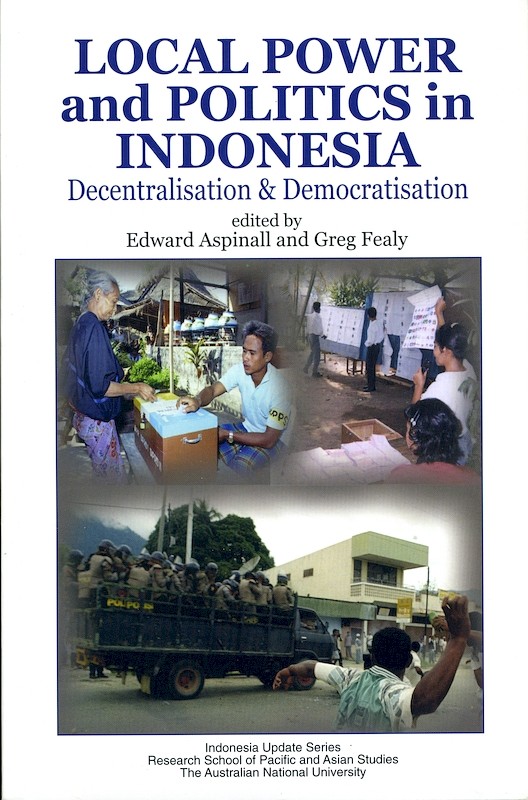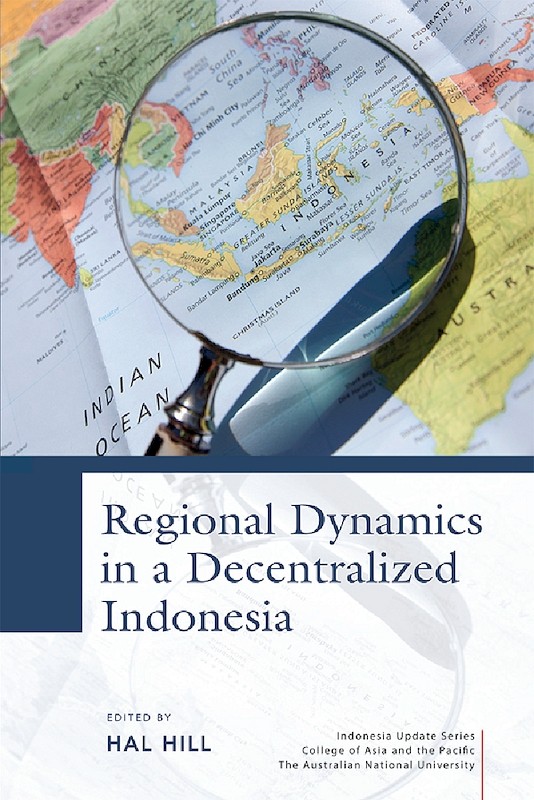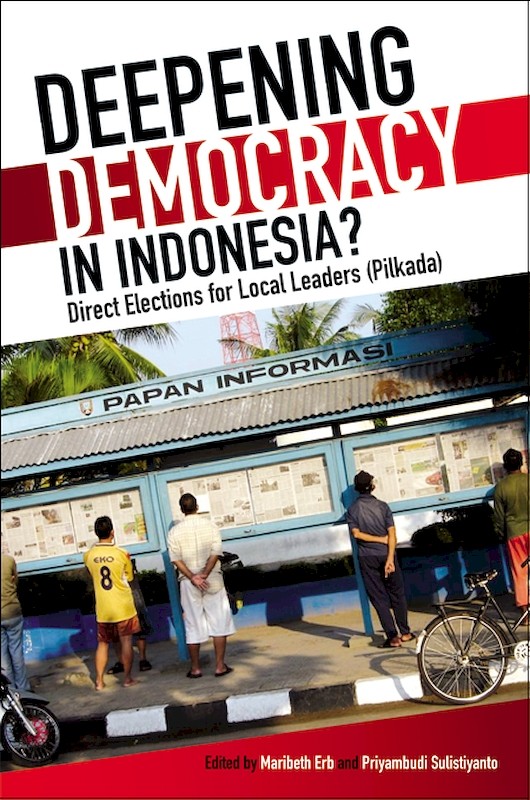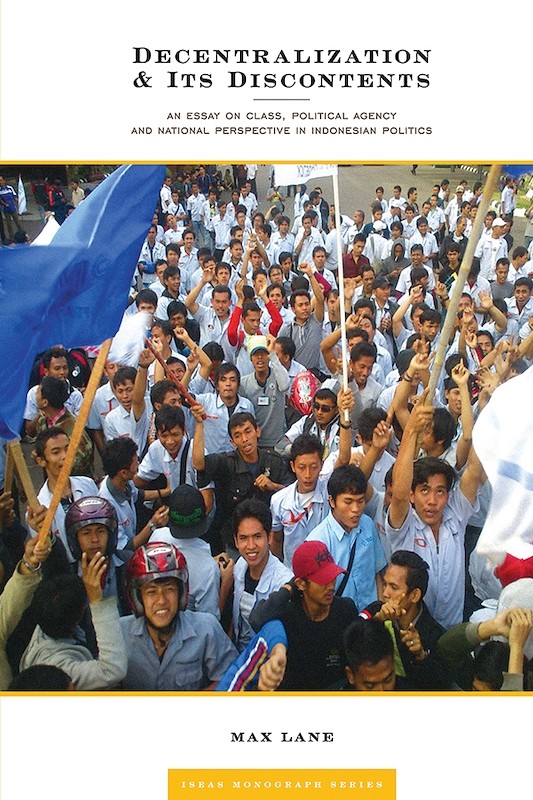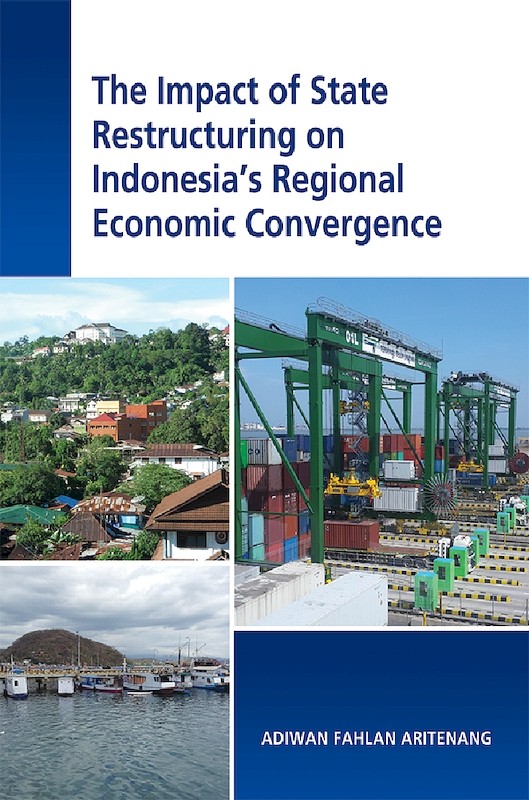Localising Power in Post-Authoritarian Indonesia: A Southeast Asia Perspective
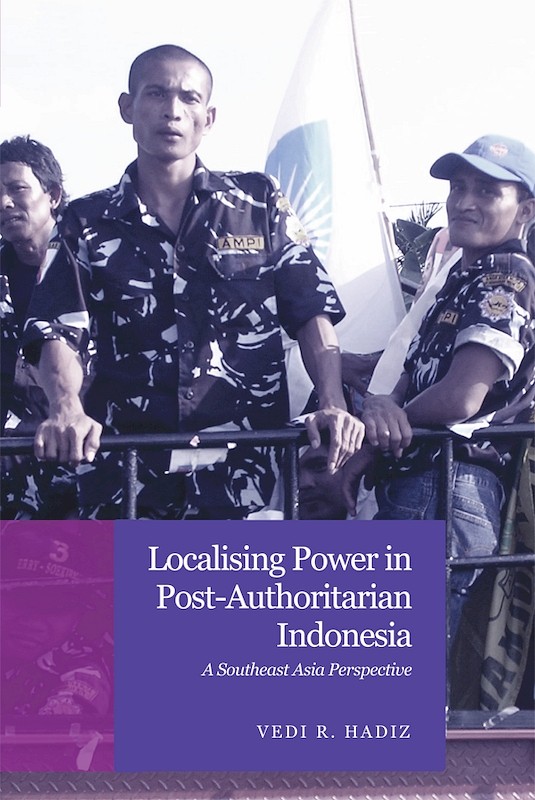
Vedi R Hadiz, author
Date of publication:
2011
Publisher:
Stanford University Press
Number of pages:
247
Code:
BM450
Reviews
"In Localising Power, the author brings his formidable analysis to bear on Indonesia's era of democratization and decentralization. He asks why the localization of power in Indonesia has not brought on a fundamental transformation in power relations among various groups in Indonesia. His answer is that local politics resulting from decentralization has essentially seen the emergence and consolidation of new predatory networks of patronage (p. 12). Localising Power explores Indonesian politics through a variety of approaches including a critical discursive analysis as well as a kind of political ethnography of local regions. The conclusions are gloomy, but Hadiz's analysis is well documented and argued. On the one hand, he shows the links between local, national, and global political dynamics through the Indonesian case. At the same time, he recognizes the enormous complexity of how politics changes and articulates itself to local regional contexts" (Asia Pacific World).
About the publication
This book is about how the design of institutional change results in unintended consequences. Proponents of decentralization typically praise it as a process through which local societies and economics can efficiently integrate into the world market or through which local communities can protect themselves against the homogenizing effects of economic globalization. The technocratic supporters of neoliberal globalization and their populist opponents, therefore, both value decentralization, although for quite different reasons. Many post-authoritarian societies have adopted decentralization as part and parcel of democratization, but also in their efforts to entrench good governance. This book shifts the attention, however, to the inevitably accompanying tensions and contradictions that define the terms under which the localization of power actually takes place. In the process, Hadiz develops a compelling analysis that ties social and institutional change specifically to the outcomes of social conflict in local arenas of power. Using the case of Indonesia, and comparing it with Thailand and the Philippines, Hadiz offers a distinct explanation for why the outcomes of decentralization and democratization have so often diverged from the expectations of both technocratic good governance experts and populist advocates of local community empowerment. One of the major tasks of the book is to understand the seeming puzzle of how local predatory systems of power remain resilient in the face of international pressures for market-facilitating good governance on the one hand, and the pressures emanating from democratized electoral politics on the other. Forcefully persuasive and characteristically passionate, Hadiz challenges readers while at the same time emphasizing a crucial point that all can agree upon: local power and politics still matter greatly in our globalized world.
Co-publication: Stanford University Press
Stanford University Press

